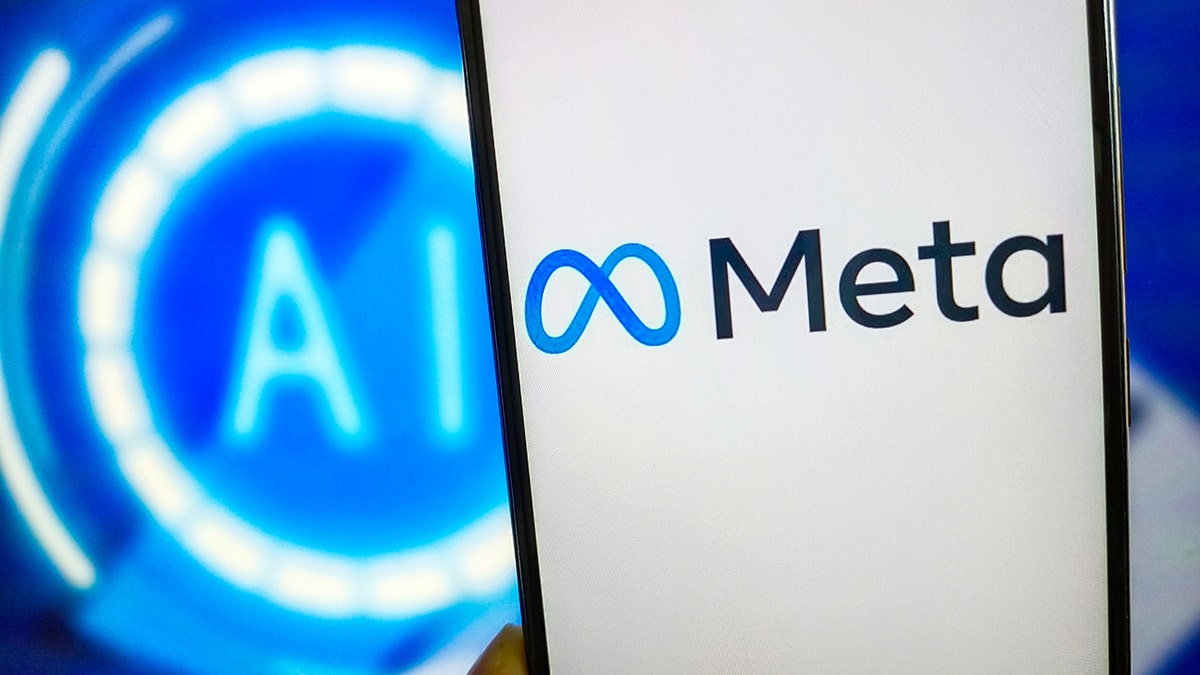Meta's new AI model, Voicebox, is making waves in the audio world. This advanced text-to-speech system generates realistic synthetic voices from text prompts, much like a highly sophisticated version of your phone's text-to-speech function. What sets Voicebox apart is its ability to mimic specific voice styles from mere seconds of audio. Imagine having a digital voice actor capable of reading anything in a chosen voice, be it a celebrity's or even your own.
Comparing Voicebox to Other AI Voice Models
While other platforms like Speechify and ElevenLabs offer text-to-speech and voice cloning capabilities, Voicebox’s versatility in mimicking voices from short audio samples distinguishes it. Speechify focuses on converting text from various sources into audio, catering to users with reading disabilities and offering a vast library of audiobooks. ElevenLabs specializes in creating emotionally nuanced synthetic voices for diverse applications, partnering with actors who contribute their voices and receive compensation for their use.

The Meta logo on a phone (Costfoto/NurPhoto via Getty Images)
Voicebox's Capabilities and Concerns
Beyond voice generation, Voicebox can also enhance audio quality by removing background noise and translate between languages while maintaining consistent voice style. However, Meta's decision to delay open-sourcing Voicebox raises concerns about potential misuse, such as harassment or monetization strategies. The model's training data, comprising over 60,000 hours of English audiobooks and 50,000 hours of multilingual audiobooks from public domain and other sources like podcasts and radio shows, also raises questions about data quality and speaker identity, despite Meta’s claims of addressing these challenges.

The Meta (formerly Facebook) logo at their corporate headquarters (JOSH EDELSON/AFP via Getty Images)
The Double-Edged Sword of AI Voice Technology
The emergence of AI-generated voices has sparked debate, especially among voice actors and writers concerned about job displacement and unauthorized voice cloning. The growing audiobook market's cost-cutting pressures exacerbate these concerns. Moreover, the potential for deepfake voices to be used in scams, such as impersonating CEOs for financial gain or bypassing voice biometric security systems, poses significant security risks.

Condo was optimistic about the future of artificial intelligence. (Jakub Porzycki/NurPhoto via Getty Images)
Combating Deepfake Threats
Efforts to counter the misuse of deepfake voices include legislation and research initiatives like the Automatic Speaker Verification Spoofing and Countermeasures Challenge (ASVspoof). These initiatives aim to develop methods for detecting and preventing deepfake voice attacks.

Experts argue about AI investment differences between China and the U.S. (JOSEP LAGO/AFP via Getty Images)
As AI technology rapidly advances, it presents both exciting opportunities and potential dangers. The development of tools like Meta’s Voicebox requires careful consideration of the ethical and security implications to ensure responsible innovation.








